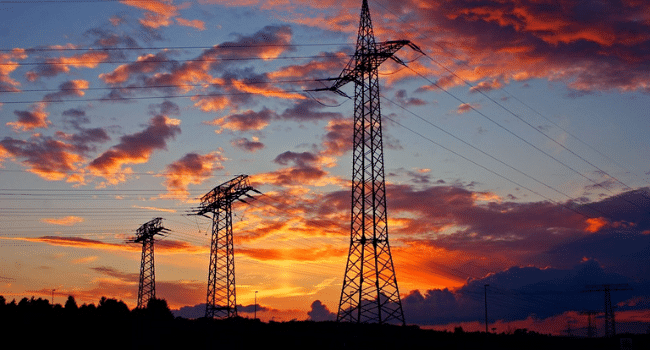Table of Contents
An electricity tariff is the sum of money set aside by a provider for the distribution of electrical energy to certain sorts of customers. In other words, the tariff is the mechanism of billing a customer for using electricity. The tariff includes the overall expense of generating and delivering electric energy and a suitable profit margin. The exact rates that the customer pays are determined by the amount of electricity consumed. Utility Bidder also uses energy tariffs to charge customers.
Types of Energy Tariffs
Fixed Energy Tariffs
This is a tariff that guarantees standing fees and unit prices for a set period, usually until specified end date. If you cancel your fixed tariff before the end of your agreement, you may be charged an early termination fee. Many, on the other hand, allow you to quit at any moment.
Many electric generation suppliers now provide fixed pricing that is far less expensive than the standard variable tariffs. The money you pay will rise if you consume more energy; fixed tariffs only ensure the price of the standing charge.
Standard Tariffs
This is the default tariff set by your provider. It has fluctuating pricing that will fluctuate with the market. Your provider’s evergreen tariff may also be known as this. Luckily there is no exit fee charged when you are in the contract of a standard tariff.
It is considered a good option because it provides you flexibility, and you do not have to stay tied to a contract. However, the price of the standard tariff is not fixed and will increase or decrease.
Online Energy Tariffs
Online energy tariffs enable you to control your account through the web in exchange for gas or electricity savings. You’ll be requested to submit meter readings online, and you’ll be sent invoices.
Typically, this implies that your bills will be sent attached to mails or will be accessible for downloading from the supplier’s website’s personal account section. An exit fee may be charged depending on the terms and conditions of the supplier.
Online tariffs are a good choice if you want a cheap tariff and like managing your energy bills through the internet.
Green Energy Tariffs
There are two types of ‘green’ tariffs. Either the provider will agree to align your consumption with renewable energy production, or it will make a contribution on your part to green activities.
Like online tariffs, green tariffs providers may or may not charge an exit fee depending on the company’s terms. If you’re worried about the effect on the environment from your gas and electricity usage, this tariff is a good choice. Green tariffs are often not pricier, so search around to find a decent bargain.
Dual Fuel Tariffs
The same energy supplier provides gas and electricity under a dual fuel energy tariff. Working with only one energy supplier makes life simpler, and dual fuel tariffs generally provide better deals.
The terms of your tariff deal can determine an exit fee. A dual fuel option will be available on almost all fixed, online, and standard tariffs. Several dual fuel tariffs will offer you a discount for choosing electricity and gas supply from one company.
Electricity tariff rates vary depending on the energy supplier and the amount of electricity consumed. If you want to get the best electricity rates in your area, an electric broker is your best option as they can connect customers to the supplier with the best price for their needs. If you reside in Texas where the energy industry is deregulated, then a texas electricity broker would be able to help you out.
Read more on KulFiy
